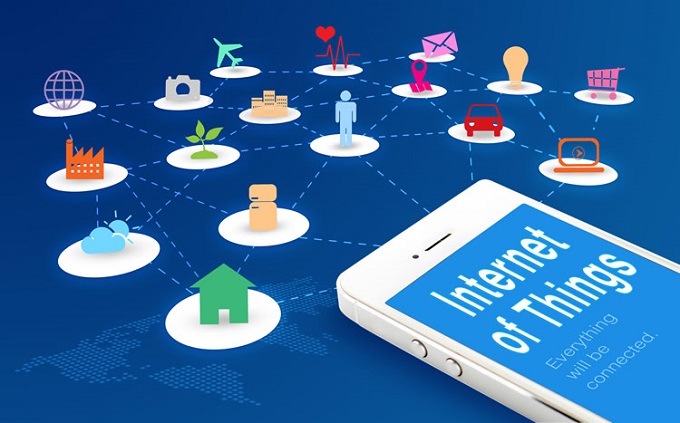With the rapid development of the mobile Internet, the concept of the Internet of Things is gradually deepening. Intelligent terminals are rapidly becoming popular in all aspects, while big data analysis technology is becoming more and more mature.
The application fields of the Internet of Things are getting bigger and bigger, making people’s lives more interesting, convenient, and intelligent. Today, let’s talk about the five ways the Internet of Things will change the future.
What is the Internet of Things?
The Internet of Things (IoT) is a network of interconnected devices that communicate and exchange data over the Internet. These devices are usually embedded with sensors, software and other technologies. Examples include Bluetooth stereos, smart cameras, access control systems, etc. IoT devices can often collect and share information and operate on different platforms to automate and improve efficiency.
In addition, IoT has a number of characteristics. For example, it has the ability to monitor in real time. IoT can monitor and analyze data in real time to facilitate timely decision making. Many IoT systems can also automate processes based on collected data, reducing the need for human intervention.
IoT can be used in many applications. In the smart home sector, devices such as smart thermostats, lights and security systems that can be remotely controlled through IoT. In healthcare, IoT can monitor health indicators and transmit the data to a centralized monitoring system. In smart manufacturing, IoT can be used to optimize production and monitor manufacturing sensors for equipment health.

Here are five ways the Internet of Things will change the future
1. Health: IoT helps continuously monitor patients and medical symptoms, helping early detection, diagnosis and accelerating the development of breakthrough drugs. Wearable devices from Xiaomi, Apple and Samsung are all offering users the ability to analyze workouts and set daily health goals, and create new revenue streams. Mobile apps surrounding health have been around for years to track your sleep, weight, nutrition, and more.
2. Safety: Sensors are much cheaper than before and can now let you know many things, such as whether your water pipes are leaking or about to burst, at no extra cost. Drones also allow a small number of rangers to quickly survey fire conditions and then travel through forested areas to more remote areas. Connected cars allow technicians to perform vehicle diagnostics and real-time intervention to improve safety.
3. Marketing: By leveraging the Internet of Things, merchants can reach the right customers at the right time. This is a virtual realm where the application will send promotional advertisements to pedestrians passing by your store to attract them to shop. IoT technology can also keep the in-store experience fun and immersive, and enable retailers to continually innovate their in-store offerings.

4. Smart cities and smart infrastructure: IoT is helping to build infrastructure to provide quality of life for residents. Real-time weather response systems, better traffic management, waste management and optimal utility management can help governments around the world.
5. Energy, aviation and manufacturing: Using IoT for predictive maintenance can reduce downtime by up to 50%. Companies like General Electric have installed a large number of sensors on equipment around the world to monitor and diagnose existing equipment around the clock. Among them, IoT-enabled jet engines consume nearly 15% less fuel than ordinary jet engines, while also Reduced emissions and noise. Smart grids help improve the reliability and efficiency of the grid and prevent electricity theft.
Alles in allem gibt es in jedem Bereich unseres Lebens ein riesiges Potenzial, das bei richtiger Umsetzung unglaubliche Veränderungen bewirken könnte, die sich direkt auf die Industrie, die Behörden und das Leben der Bürger auswirken.